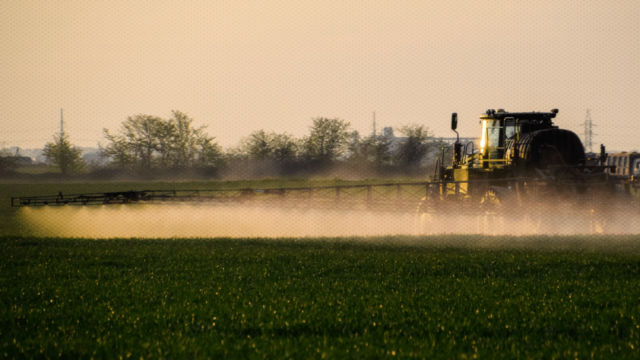Glyphosate is the most heavily used pesticide in the world. It’s used in agriculture, forestry, industrial weed control, lawn, garden, and aquatic environments.
In Canada, glyphosate use has increased from 35 million kilograms to more than 50 million kilograms in 2020. Despite its widespread use, glyphosate poses a danger to human health and the environment. In 2015, the International Agency for Research on Cancer (IARC) found that glyphosate was “probably carcinogenic” to humans.
Since the re-evaluation of glyphosate in 2017, scientific evidence has evolved. There are many emerging potential risks associated with glyphosate, including impacts on the microbiome, neurodegenerative and reproductive toxicity, adverse impacts to monarch butterflies, carcinogenicity, and ecological harm to freshwater ecosystems that Health Canada had not previously considered.
That’s why when we heard that many glyphosate products were up for renewal at the end of 2022 and would likely get the PMRA’s rubber-stamp approval, we knew we had to act. Ecojustice and its clients asked the PMRA to review up-to-date science and the PMRA did not commit to doing so.
Ecojustice, on behalf of their clients, have filed a judicial review challenging Health Canada’s failure to conduct a rigorous scientific assessment of glyphosate before renewing approvals for products containing it.



